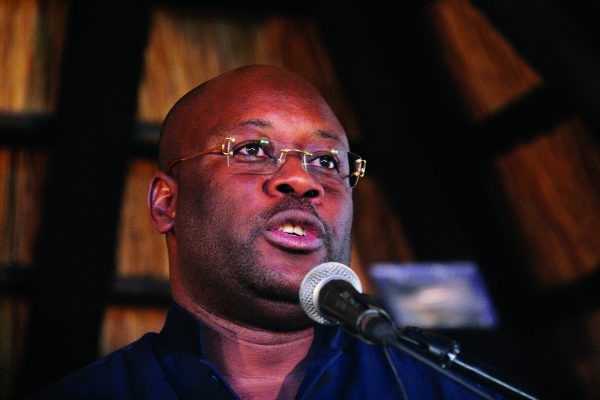
BY TATIRA ZWINOIRA
THE one-year-long global airlines crisis stemming out of Covid-19 -induced lockdowns has precipitated fresh troubles for the gold industry, with Fidelity Printers & Refiners (FPR) struggling to import United States dollar notes to pay producers, standardbusiness heard last week.
FPR general manager Fredrick Kunaka said in a documentary released by Transparency International Zimbabwe (TIZ) that the worst affected were Zimbabwe’s estimated 500 000 artisanal miners.
These produce about 64% of Zimbabwe’s bullion.
The aviation crisis is the latest hurdle to a long-drawnout-gold payments crisis in Zimbabwe.
FPR has long been accused of delaying payments to producers due to an escalating foreign currency crisis.
But even when they receive their dues, small-scale producers have been paid at a discount to international prices due to high taxes imposed by government.
The FPR boss also confirmed this problem to TIZ.
- Chamisa under fire over US$120K donation
- Mavhunga puts DeMbare into Chibuku quarterfinals
- Pension funds bet on Cabora Bassa oilfields
- Councils defy govt fire tender directive
Keep Reading
“We are facing problems in terms of bringing in cash (United States dollars) into the country because of the limited flights,” Kunaka said in the documentary titled, Towards Accountable Mining in Zimbabwe.
“We hope that with the coming -in of flights, especially the likes of Emirates, into the country, the situation will gradually improve as we start having access to those markets where we are able to access the USD,” Kunaka said.
He said the foreign currency crisis in Zimbabwe had forced FPR to import United States dollar notes to pay producers.
The Covid-19-induced lockdowns began early last year after the deadly virus spiralled out of control following an outbreak in China in November 2019.
Battling to contain a worldwide contagion, governments started blanket economic shutdowns and asked their citizens to stay home.
Airlines were directed to halt international flights.
However, these measures have failed to contain the pandemic.
A much deadlier second wave is currently sweeping across economies including Zimbabwe, where 879 people had died in 29 000 infections by Friday last week.
Flights only began in October last year when the country lifted lockdowns to save the economy, allowing airlines like Emirates and Ethiopian Airlines to return.
Kunaka said while improved access to the greenback would help FPR address delays, pricing issues were being reviewed in government.
“We are buying gold at a price that is 10% discount of the international price mainly because we have to import cash,” Kunaka told TIZ.
“There are also taxes that are levied by the government which we cannot do without remitting to the government. So, because of that, that discount is imperative. We cannot do much about it until we negotiate to a different level of taxation. That is what will be dealt with by the Ministry of Finance and Economic Development,” he said.
Artisanal and small-scale miners have been irked by the delays.
In the documentary, artisanal miners’ representatives said the delays had forced many of them to trade their bullion on the black market where spot payments are made.
“We do have challenges here and there as they (FPR) sometimes do not have cash readily available even after we deposit our gold. Yet, there is someone with cash available on the illegal market,” an artisanal miner from Penhalonga near Mutare told TIZ.
Gold production has been declining steadily from 35 054 kilogrammes in 2018 to 29 429kg in 2019.
Output further declined to 27 958kg last year, but the Ministry of Finance projects 32 000kg this year.
In the documentary, small-scale miners from different rural mining areas complained of red tape and bureaucracy.
“This is where we advocate for synergies between the large-scale miners and the small-scale miners,” Shurugwi South legislator and chairman of Parliament’s Mines and Mining Committee Edmond Mkaratigwa said.
“This is also where the government plays an important role in terms of mobilising the resources and coming with laws that promote investors to partner with small-scale miners,” he said.











